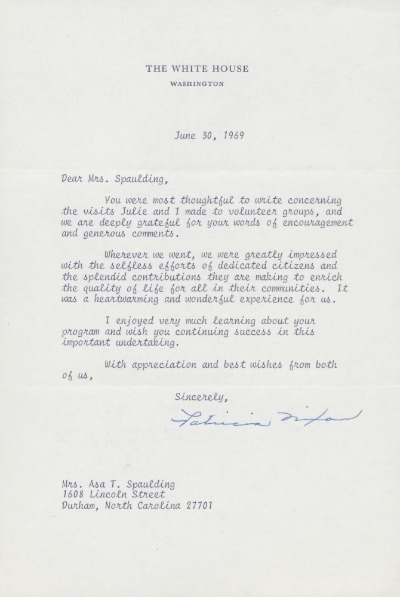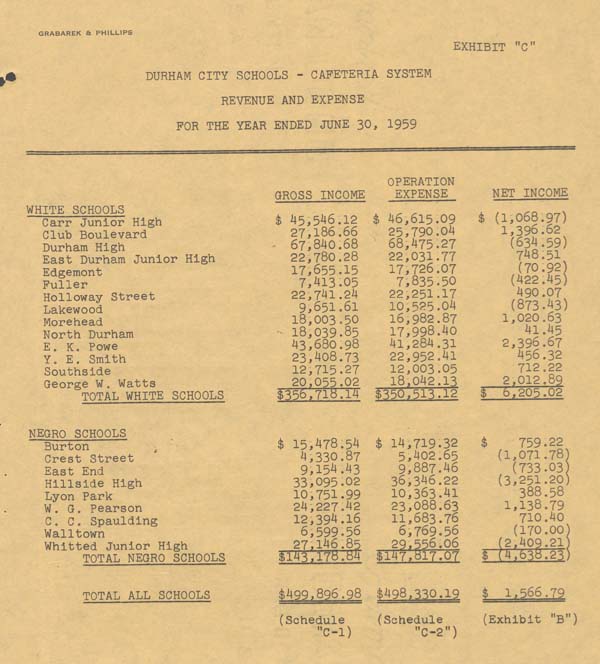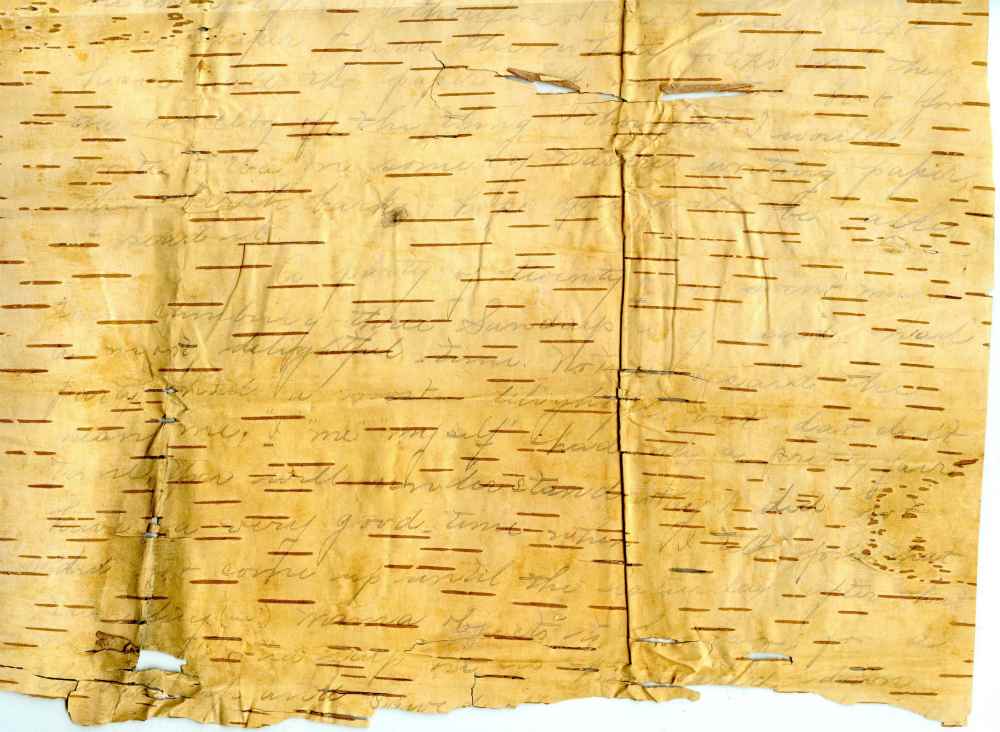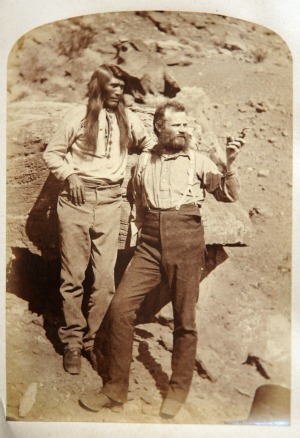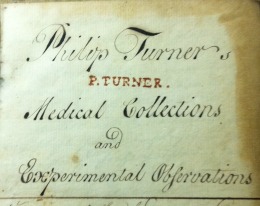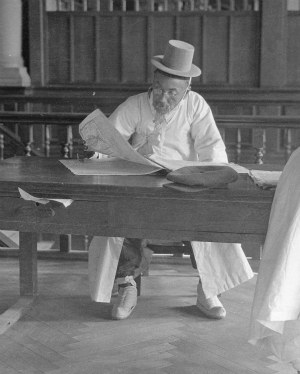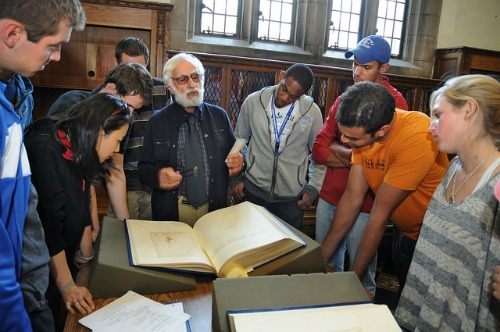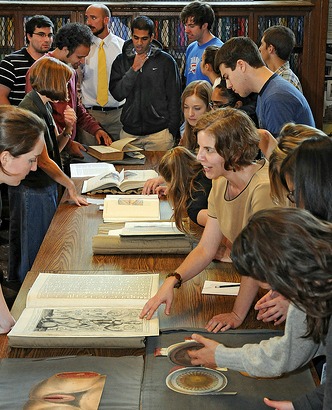We’re celebrating the beginning of a new fiscal year with a week’s worth of new acquisitions from the first half of 2012. Two newly acquired selections have been featured in a post every day this week. All of these amazing resources are available for today’s scholars, and for future generations of researchers in the Rubenstein Library!
- Livio Sanuto, Geografia: This work, published in 1588 in Venice, is the first edition of the first printed atlas of Africa. It contains twelve double-page engraved maps showing the continent; for its date, the maps are surprisingly detailed and accurate, correcting many of the earlier errors in French and German maps. Nevertheless, Sanuto also kept many preconceived European notions about Africa, and introduced new errors in the text of the atlas, making the work a fascinating case study of European views of Africa in the sixteenth century. The work is foundational for the study of European depictions of Africa, and will be a cornerstone for African collections in the John Hope Franklin Research Center for African and African-American History and Culture.
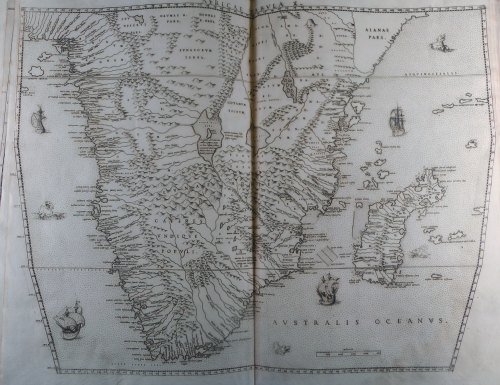
- Ezekiel Skinner Papers: Ezekiel Skinner (1777-1855) was a missionary and physician who worked in Monrovia, Liberia for the American Colonization Society during the 1830s. Although almost 60 years old, Skinner believed it was his duty to continue the work of his son, Benjamin Rush Skinner (named for the famous physician Benjamin Rush, under whom Ezekiel had studied), who had died in Liberia a few years before. The papers contain correspondence and other documents written by Dr. Skinner during his time in Liberia, including a description of a “slave factory” and other details of the slave trade, and discussion of medical treatment of Liberian colonists, including treatment of a fellow doctor, the African-American Charles Webb. The Skinner papers enrich the collections of both the John Hope Franklin Research Center and the History of Medicine Collections.
Previous posts:



